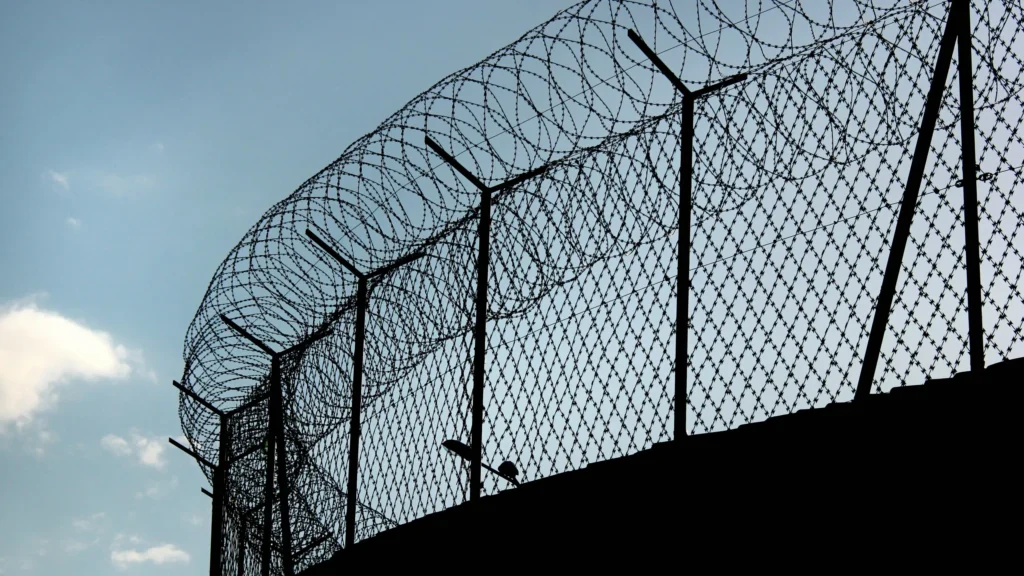Project Aims to End Death Penalty in Alabama
Aiming to abolish the death penalty, a new initiative critiques Alabama’s approach to nitrogen gas executions, labeling it as inhumane, experimental, and shrouded in secrecy.
Esther Brown, the executive director of the advocacy group, opened the discussion by addressing the influence of prison-led organizations. Phadp, established by an individual incarcerated at the Holman Correctional Facility in 1989, stands as the nation’s only prisoner-led abolition group.
“I’m not here for myself; I’m here for the men. It’s important they know how grateful I am for their friendship. It’s difficult, though, when I have to watch them endure such horrifying conditions,” Brown shared.
She also highlighted that Alabama has scheduled two nitrogen executions soon, with Jeffrey West set for September 25th and Anthony Todd Boyd for October 23rd.
Alabama made history on January 25th by executing Kenneth Smith using nitrogen hypoxia, following a failed lethal injection attempt in 2022. This execution drew significant attention after witnesses reported Smith grimacing and struggling for several minutes before he passed away.
Rev. Jeff Hood, a Baptist minister and founder of the Execution Intervention Project, served as Smith’s spiritual advisor. He has since spoken widely about the harsh realities of nitrogen hypoxia.
“Having witnessed 10 executions—9 lethal injections and 1 nitrogen—I can assure you, nitrogen is distinct. It’s not peaceful; it’s turbulent,” Hood noted.
Hood recounted the distressing scenes from Smith’s execution, stating, “It was clear that he wasn’t simply asleep; the horror was evident. The skin was visibly reacting, and the fear was palpable.”
During the discussion, Hood demonstrated the masks used for nitrogen executions, highlighting their design flaws. He wore a mask to show how it leaks oxygen, thus prolonging the dying process.
“This device is meant to sustain life, not to take it. When someone appears to be in distress, it’s typically because oxygen is escaping from the mask. It’s a torture mechanism, without a doubt,” he asserted.
Brown encouraged Alabamians to reflect on the ethical implications of executions, questioning the morality of capital punishment: “We have no right to take a life. Executions are unjustifiable—who would want to carry out such acts?”
Alabama has faced increasing scrutiny for its handling of the death penalty. The state has had multiple issues with lethal injections, including difficulties locating veins and prolonged procedures. Following these mishaps, state officials shifted to nitrogen hypoxia, a method approved by Congress in 2018 yet untested until last year.
Officials have repeatedly claimed that nitrogen executions are “peaceful” and “painless,” a narrative that Hood and Brown argue contradicts the lived experiences shared by witnesses.
“These occurrences can unfold quietly, especially in smaller communities. We need to bring these truths to light,” Hood emphasized.
Brown added that implementing the death penalty often costs more than life imprisonment, with taxpayers picking up the tab for legal proceedings. “You’re not saving any money by executing individuals. If you see that clearly, perhaps you would vote against it,” she remarked.







